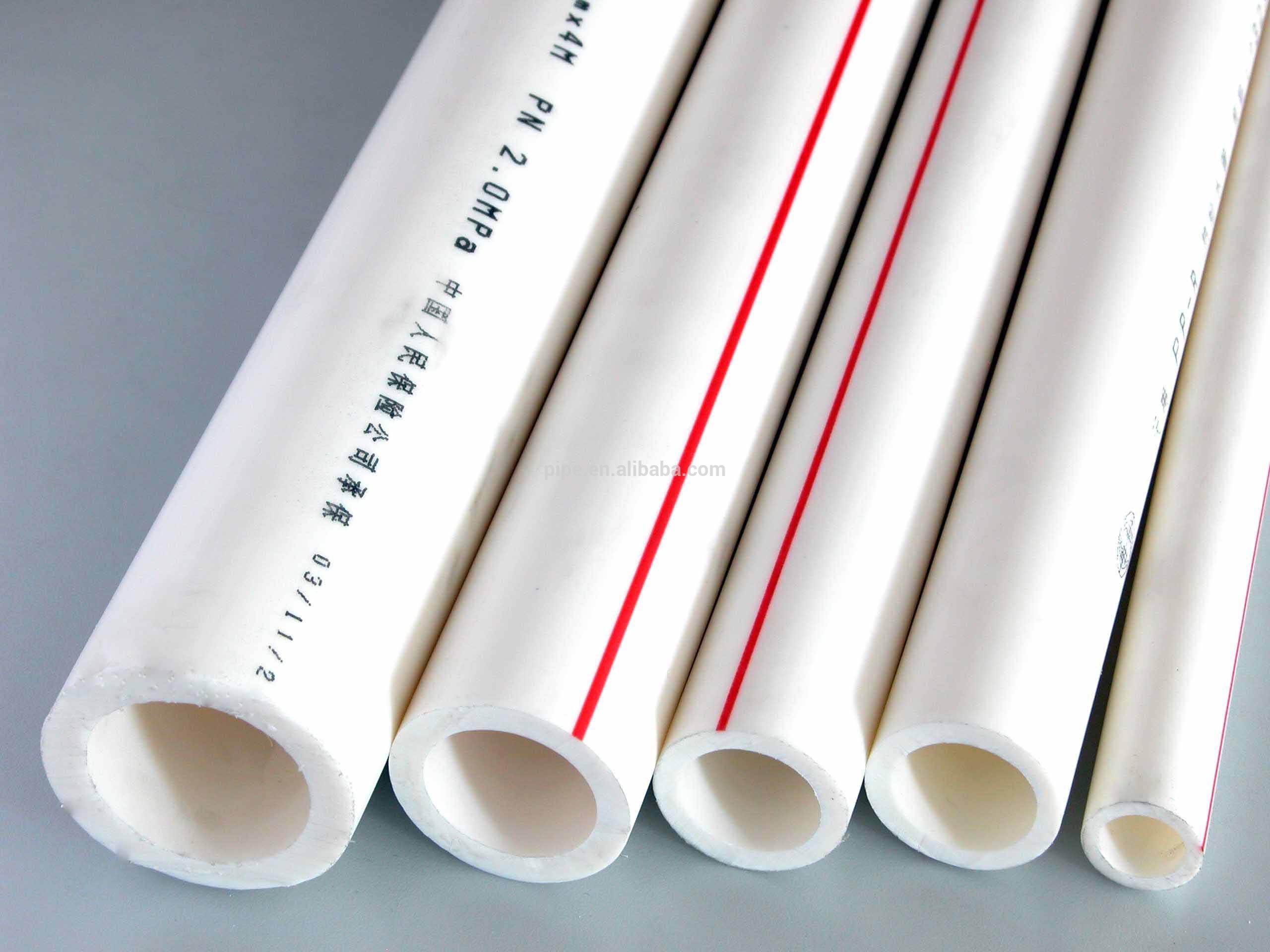Introduction
ASTM pipes have become a cornerstone in industrial applications due to their exceptional quality and adherence to international standards. They provide the perfect balance of strength, durability, and cost-effectiveness. In this blog, we’ll explore the top benefits of using ASTM pipes in various industries, highlighting their impact on project efficiency and safety.
What Are ASTM Pipes?
ASTM pipes are manufactured under stringent standards set by ASTM International, ensuring consistency in quality and performance. They are used in industries ranging from construction to oil and gas, where reliability is paramount.
Benefits of Using ASTM Pipes
1. High-Quality Assurance
ASTM pipes undergo rigorous testing to meet strict standards. This ensures the pipes perform reliably under challenging conditions such as high pressure, temperature, and corrosive environments.
- Example: ASTM A335 alloy steel pipes excel in high-temperature applications.
2. Enhanced Durability
These pipes are designed to withstand wear and tear, offering an extended lifespan even in harsh environments. This reduces the frequency of replacements and long-term maintenance costs.
- Example: ASTM A312 stainless steel pipes resist corrosion, making them ideal for chemical industries.
3. Versatility Across Applications
From transporting fluids to structural support, ASTM pipes serve various purposes across industries. The wide range of materials and types ensures there’s a pipe for every need.
- Example: ASTM A53 pipes are widely used in construction projects for structural support.
4. Cost Efficiency
While ASTM pipes may have a higher upfront cost, their durability and low maintenance make them a cost-effective choice in the long run.
- Example: Carbon steel pipes, like those adhering to ASTM A106, offer affordability and reliability.
5. Safety and Compliance
Adhering to ASTM standards ensures the pipes meet global safety regulations, reducing risks during operation. This makes them a preferred choice in industries where safety is non-negotiable.
- Example: ASTM A106 seamless pipes are used in high-pressure steam systems due to their reliability.
6. Customizability
ASTM pipes are available in various sizes, materials, and grades, allowing customization to meet specific project requirements.
- Example: Custom lengths and diameters of ASTM A312 pipes can be manufactured for unique industrial needs.
Applications of ASTM Pipes
1. Oil and Gas Industry
- Used for transporting crude oil, natural gas, and other hydrocarbons.
- Recommended Pipe: ASTM A335 alloy steel pipes for high-pressure pipelines.
2. Construction Industry
- Used in building frameworks, scaffolding, and water distribution systems.
- Recommended Pipe: ASTM A53 welded pipes for structural support.
3. Chemical Processing
- Essential in handling corrosive chemicals and high-temperature liquids.
- Recommended Pipe: ASTM A312 stainless steel pipes.
4. Power Generation
- Used in boiler systems, turbines, and heat exchangers.
- Recommended Pipe: ASTM A106 seamless carbon steel pipes.
How ASTM Standards Enhance Performance
- Material Specifications
- Each ASTM standard specifies the chemical composition, ensuring optimal performance for specific applications.
- Testing Procedures
- Rigorous tests for tensile strength, pressure handling, and corrosion resistance.
- Dimensional Accuracy
- Standards ensure consistent dimensions, simplifying installation and compatibility.
Tips for Selecting ASTM Pipes
- Understand Your Requirements
- Determine the application’s pressure, temperature, and corrosion resistance needs.
- Choose the Right Material
- Stainless steel for corrosion resistance, carbon steel for affordability, or alloy steel for high-temperature applications.
- Verify Standards
- Always confirm the ASTM standard to ensure compatibility and performance.
- Consult Experts
- Seek advice from industry professionals or suppliers for tailored recommendations.
Benefits of Using ASTM Pipes
1. High-Quality Assurance
ASTM pipes undergo rigorous testing to meet strict standards. This ensures the pipes perform reliably under challenging conditions such as high pressure, temperature, and corrosive environments.
- Example: ASTM A335 alloy steel pipes excel in high-temperature applications.
2. Enhanced Durability
These pipes are designed to withstand wear and tear, offering an extended lifespan even in harsh environments. This reduces the frequency of replacements and long-term maintenance costs.
- Example: ASTM A312 stainless steel pipes resist corrosion, making them ideal for chemical industries.
3. Versatility Across Applications
From transporting fluids to structural support, ASTM pipes serve various purposes across industries. The wide range of materials and types ensures there’s a pipe for every need.
- Example: ASTM A53 pipes are widely used in construction projects for structural support.
4. Cost Efficiency
While ASTM pipes may have a higher upfront cost, their durability and low maintenance make them a cost-effective choice in the long run.
- Example: Carbon steel pipes, like those adhering to ASTM A106, offer affordability and reliability.
5. Safety and Compliance
Adhering to ASTM standards ensures the pipes meet global safety regulations, reducing risks during operation. This makes them a preferred choice in industries where safety is non-negotiable.
- Example: ASTM A106 seamless pipes are used in high-pressure steam systems due to their reliability.
6. Customizability
ASTM pipes are available in various sizes, materials, and grades, allowing customization to meet specific project requirements.
- Example: Custom lengths and diameters of ASTM A312 pipes can be manufactured for unique industrial needs.
Applications of ASTM Pipes
1. Oil and Gas Industry
Why Industries Trust ASTM Pipes
Industries worldwide trust ASTM pipes because of their:
- Proven Performance: Decades of reliability in critical applications.
- Global Standards: Compliance with international safety and quality benchmarks.
- Adaptability: Versatility across multiple industrial sectors.
Conclusion
The benefits of ASTM pipes extend beyond their material composition and manufacturing standards. They offer unparalleled reliability, durability, and versatility, making them a cornerstone of industrial infrastructure. Whether for construction, oil and gas, or chemical processing, ASTM pipes deliver value and performance that stand the test of time.
Investing in ASTM pipes ensures your project is built on a foundation of quality and safety. For long-term success, choose ASTM pipes tailored to your application.
